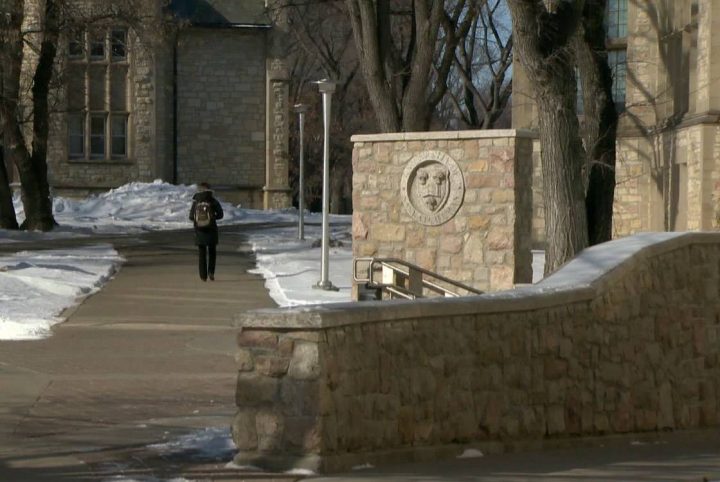Up to $1.5 million has been earmarked to help Saskatchewan’s at-risk students whose post-secondary studies have been disrupted by the novel coronavirus pandemic.

The provincial government announced the emergency financial aid on Thursday.
Advanced Education Minister Tina Beaudry-Mellor said that during this unprecedented time, some students are faced with limited supports and these resources will help quickly address some of their more pressing needs.
This financial adjustment for publicly-funded post-secondary institutions will support both domestic and international students in need through one-time emergency bursaries.
The ministry will also work with publicly-funded institutions that do not have existing emergency financial aid programs for students to put emergency bursaries in place.

Get weekly health news
“We recognize the need for urgent supports to help vulnerable students, including those from northern, remote and Indigenous communities, as well as international students unable to return home,” Beaudry-Mellor said in a press release.
“It is critical that we work with our institutions to help students who have nowhere else to turn.”
The emergency bursaries will be available from April 1 to Sept. 30, according to the press release.
Government officials said the amount given will depend on each students’ circumstances. Eligibility requirements and application details will be available through post-secondary educational institutions within the 10 days, according to ministry.
Provincial government officials said details are being finalized and adjustments may be made to the program if federal assistance is announced.
University of Saskatchewan Students’ Union (USSU) president Regan Ratt-Misponas said they’re pleased the provincial government has stepped up to help students who may not be eligible for the aid currently provided.
“We look forward to more details in the coming days regarding eligibility,” Ratt-Misponas said.
“Financial insecurity is a persisting reality for many students, and we are hopeful that there’s more good news coming.”
Questions about COVID-19? Here are some things you need to know:
Health officials caution against all international travel. Returning travellers are legally obligated to self-isolate for 14 days, beginning March 26, in case they develop symptoms and to prevent spreading the virus to others. Some provinces and territories have also implemented additional recommendations or enforcement measures to ensure those returning to the area self-isolate.
Symptoms can include fever, cough and difficulty breathing — very similar to a cold or flu. Some people can develop a more severe illness. People most at risk of this include older adults and people with severe chronic medical conditions like heart, lung or kidney disease. If you develop symptoms, contact public health authorities.
To prevent the virus from spreading, experts recommend frequent handwashing and coughing into your sleeve. They also recommend minimizing contact with others staying home as much as possible and maintaining a distance of two metres from other people if you go out.
For full COVID-19 coverage from Global News, click here.












Comments
Want to discuss? Please read our Commenting Policy first.